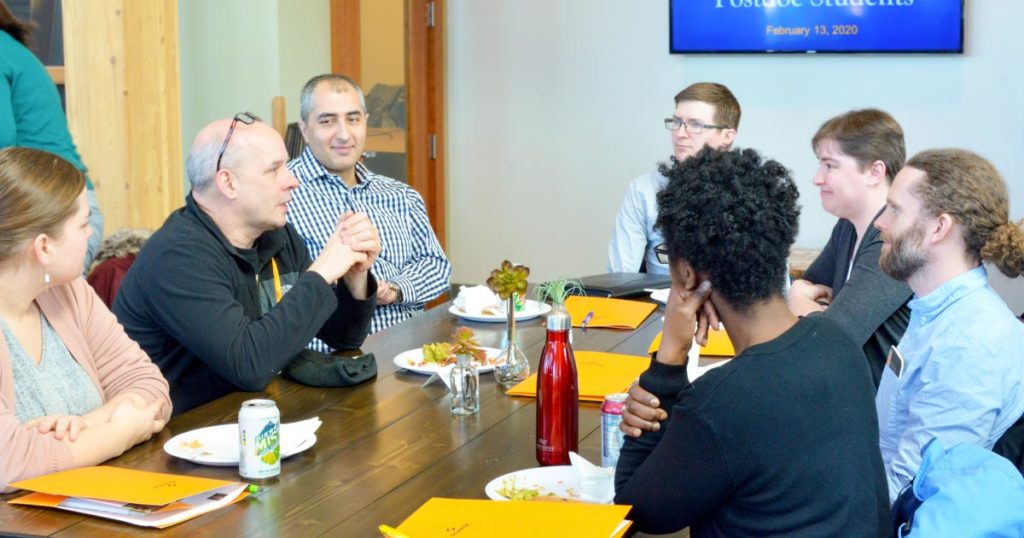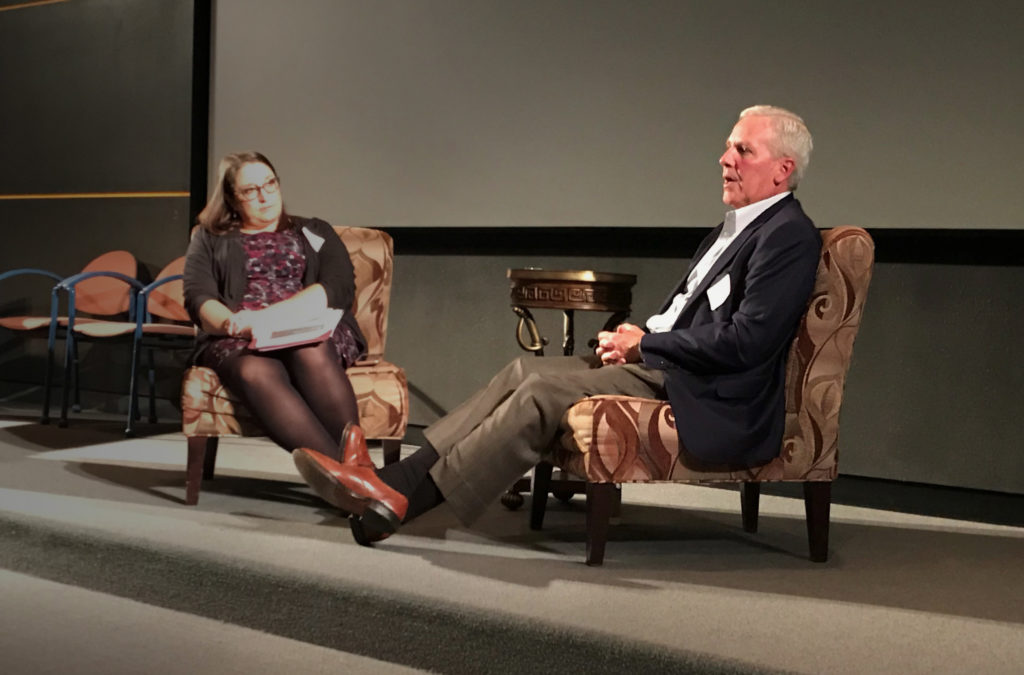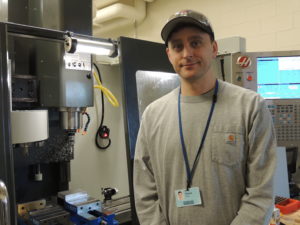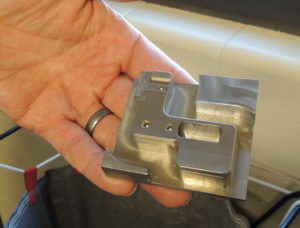Today’s post is written by guest blogger, Elizabeth Smith, PhD, Field Client Support Specialist at Promega

As a person of color (POC), I would like to share my story to raise awareness on how important diversity programs are in my community and how they helped to shape my career. My hope is that it will inspire the younger generation and provide insight into a different perspective. Growing up, I always felt like there was something great out there for me to achieve. As a young child, never did I imagine that I would have what it takes to obtain a PhD. This was not on my radar as a young student, and not something that I thought would ever be in my future. I did not see people that looked like me reflected in this space, so I never considered it early on.
I knew that I wanted to go to college with a science focus, but I did not really explore what life would look like or should look like after that. What I was sure of was being involved in science in some way. Whenever, someone asked my younger self, “What do you want to be when you grow up?” My answer would always be, “A Scientist!” All throughout elementary and high school, I focused on science related courses and did very well. This enabled me to apply for and receive a full undergraduate scholarship.
At this level of my education, I felt like I had to prove to everyone, and even myself, that I belonged here. That I was deserving of this scholarship and placement at the university. That I was good enough to receive a bachelors.
Continue reading “Demystifying What It Means to Be Good Enough…”




